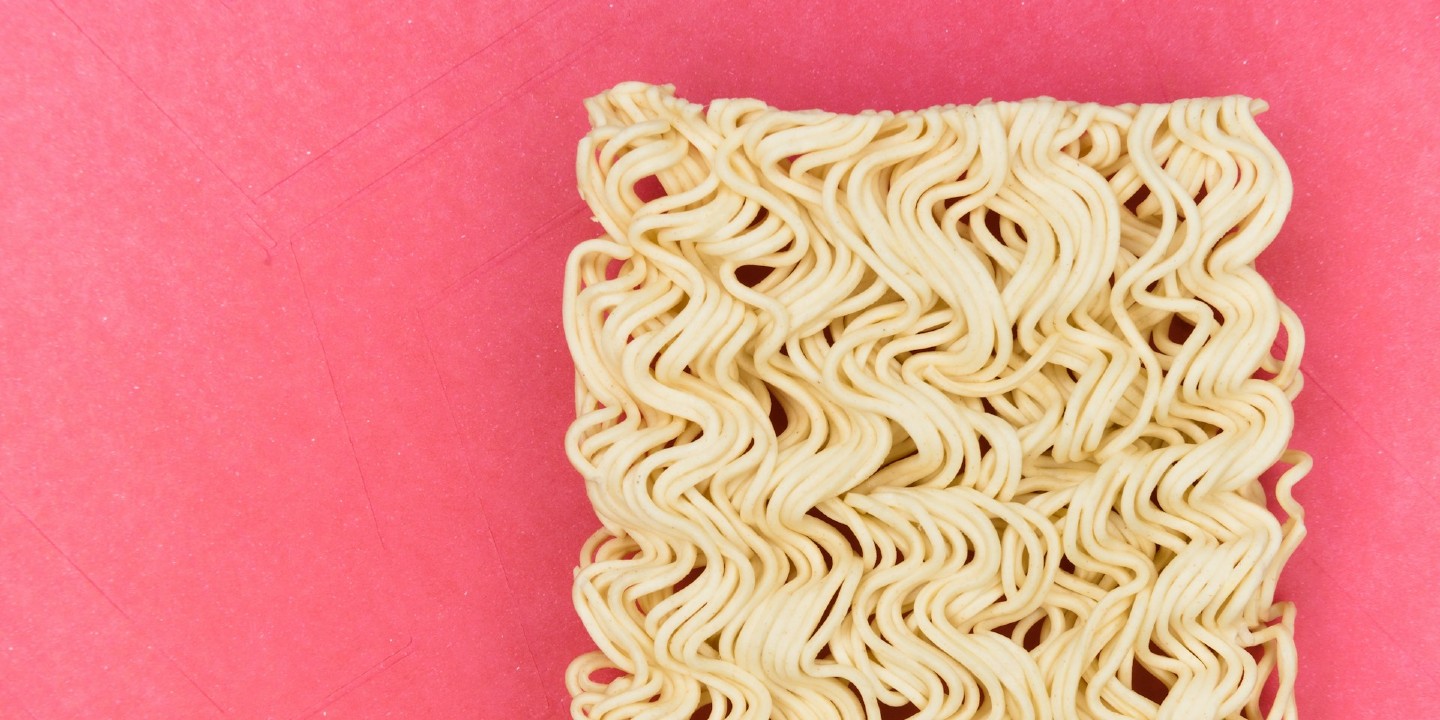Food That Loves Your Heart Back
Clogged arteries don't always scream for attention, but your plate might be whispering clues. Diet plays a huge role in keeping blood flowing smoothly. Small changes—like swapping out a snack—can help protect your heart for the long haul. Let’s check out the foods that quietly work to protect your heart.
1. Avocados
Healthy fats aren't the enemy. Avocados provide monounsaturated fats that help lower LDL cholesterol while raising HDL. They're also rich in potassium, which supports blood pressure control. Slice some onto toast or toss it in a salad—your arteries will notice the difference.
2. Oats
The fiber in oats traps cholesterol and carries it out of the body through digestion. So, that morning bowl does more than warm your soul. It cleans the house inside your arteries, reduces plaque formation, and helps maintain healthy levels of LDL cholesterol.
 micheile henderson on Unsplash
micheile henderson on Unsplash
3. Salmon
Salmon delivers inflammation-fighting omega-3s that also support healthy cholesterol levels. Eating it a couple of times a week supports smoother blood flow and keeps arterial walls flexible. Just go easy on the butter sauce.
4. Berries
Blueberries, strawberries, raspberries—tiny fruit, big job. Rich in anthocyanins, they help dilate blood vessels and fight oxidative stress. Regular servings may slow plaque buildup and keep your arteries in better condition.
5. Olive Oil
Packed with polyphenols and monounsaturated fats, olive oil helps improve endothelial function and lower cholesterol. Extra virgin is best—drizzle it over veggies or use it in dressings. Less butter, more liquid gold.
6. Beans
Black beans, lentils, and chickpeas—they all contain soluble fiber and plant-based protein. Nutrients like this help reduce cholesterol levels and provide slow-burning energy. Plus, they're affordable, filling, and wildly versatile.
7. Leafy Greens
You don’t have to love spinach or kale, but your arteries kind of do. These greens help open up blood flow and keep things smooth. Throw some in a smoothie and let the nutrients do the hard work.
8. Nuts
Whether munching on almonds or walnuts, each brings healthy fats, magnesium, and plant sterols to the table. A small handful can lower LDL(low-density lipoprotein) while maintaining HDL. Just skip the salted or candy-coated versions.
9. Pomegranate
Polyphenols in pomegranates reduce oxidative stress and improve nitric oxide availability. In some clinical trials, daily juice consumption has shown promising results in slowing arterial plaque buildup. However, don't confuse it with a sugary “fruit cocktail.”
10. Garlic
Allicin, found in raw garlic, has anti-inflammatory and cholesterol-lowering properties. It may even slow atherosclerosis progression. A chopped clove in salad dressing can pack a medicinal punch without overwhelming your breath.
11. Flaxseeds
Flaxseeds contain alpha-linolenic acid (ALA), a plant-based omega-3. They also deliver lignans, fiber, and other heart-friendly compounds. Sprinkle ground flax on yogurt, smoothies, or oatmeal. The crunch is worth it.
12. Tomatoes
Lycopene, the antioxidant that gives tomatoes their color, may help reduce arterial inflammation and LDL oxidation. Cooking tomatoes boosts lycopene’s availability so that pasta sauce might be doing more good than expected.
13. Beets
Beets are rich in dietary nitrates, and they improve blood vessel flexibility while reducing blood pressure. Roasted, blended, or juiced—they keep things flowing, inside and out. Beet juice can even significantly enhance oxygen efficiency during physical activity.
14. Green Tea
Catechins in green tea also do wonders for blood flow and lower cholesterol. Regular drinkers often see improved vascular function. Swap out your afternoon coffee for a warm, heart-boosting sip.
15. Dark Chocolate
High-cocoa dark chocolate contains flavonoids that help relax arteries and reduce inflammation. Consistent intake may help reduce blood pressure and improve endothelial function. However, look for at least 70% cocoa content and enjoy it in moderation—this isn't a hall pass to binge.
16. Chia Seeds
Like flax, chia seeds are high in ALA and fiber. When soaked, they form a gel-like texture that supports digestion and cholesterol removal. Stir into overnight oats or your morning smoothie for a stealthy upgrade.
17. Turmeric
Curcumin, turmeric's active compound, fights inflammation at the cellular level. It may help stabilize plaques and reduce damage to arterial walls. Add a pinch to soups, roasted veggies, or golden milk, but do not overdo it. It's not a magic solution.
18. Apples
Pectin, the soluble fiber in apples, lowers cholesterol by binding to it in the gut. Apples also contain polyphenols, which reduce inflammation and oxidative stress. Sweet, crunchy, and seriously underrated.
19. Edamame
Soy protein in edamame has been linked to lower cholesterol and improved blood vessel elasticity. These little pods are easy to steam and snack on. Sprinkle with sea salt, and they're both functional and fun.
20. Seaweed
Seaweed might be more than just a sushi sidekick—it’s packed with fucoidan, omega-3s, and antioxidants that may help lower bad cholesterol and tame inflammation. Try tossing it into soups or snacking on crispy sheets—but keep it moderate to avoid excess iodine and sneaky heavy metals.



























